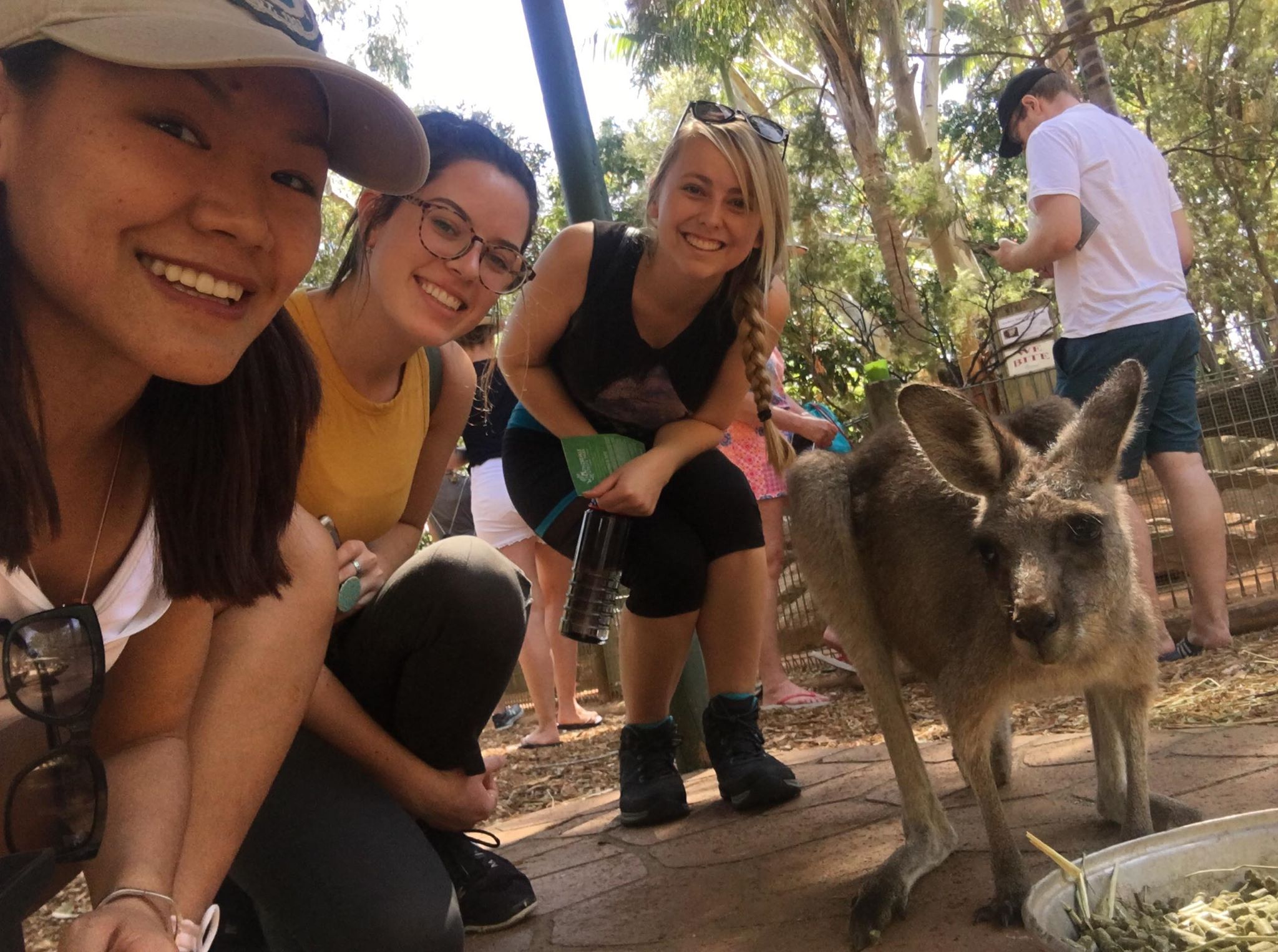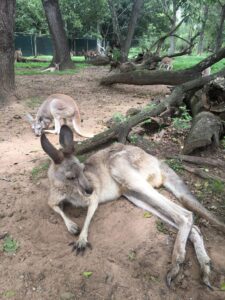STEM Majors: Is Studying Abroad Worth It


The STEM Dilemma
It’s common to hear from science, technology, engineering and mathematics students that their course schedules are too hectic or busy spending hours in labs, clinic, or independent thesis projects to fit in a study abroad experience. This unfortunate tendency for STEM students in college results in them lacking the fulfilling and eye-opening experiences that coincide with studying abroad. In my own experience as a biology major, I’ve realized that this requires some planning ahead, such as deciding to take the year long physics course during my senior year rather than as a junior. Despite this schedule rearranging, I’ve found that even in the first three weeks of studying abroad, this tradeoff was well worth it. Making friends over the funniest of experiences, such as laughing about how people say “tomato” differently or the tendency for dining halls to serve spaghetti as a breakfast food, has led to unexpected adventures and newfound excitement for the rest of my semester abroad.
How did I make it work?
Most non-STEM majors don’t have year long courses or have labs associated with their classes, which makes studying abroad much easier to plan. At my home university, it’s very difficult to get outside lab courses approved for transfer credit as they are so specific with the requirements. As a result, I’ve catered my study abroad course list to transfer back as credits for my major, just not with labs. This simply means that most of my classes back home will be with labs to make up for the lack thereof this semester in Australia. A friend I’ve met on my program in Brisbane is a Neuroscience major and was originally taking 5 courses here in order to fit in requirements in time for graduation. She decided to drop it and squeeze physics in senior year in order to fully enjoy her semester in Australia. In an ideal world, studying internationally would be transformed to allow for more flexibility and interdisciplinary studies, especially for STEM students, which would result in more applications of knowledge across all fields. For example, the US and Australia may be home to different environments and organisms, but the biological relationships are fundamentally the same, so if we communicate our research more effectively then we can learn a lot and improve upon each other’s work. Until then, we have the fun task of planning ahead and making sacrifices in order to give ourselves this once-in-a-lifetime experience.
Why STEM students need to go abroad

Some people overlook the importance of interdisciplinary and international influences on education as a whole, regardless of the specific subject matter. Every culture has a different way of thinking and discussing information. Therefore increased communication and learning from one another would lead to expansions of knowledge that wouldn’t be possible without the study abroad experience. As a biology major studying in Australia, I’m learning about countless examples where nature has evolved and behaves differently here than anywhere else in the world, which is genuinely fascinating. For example, when scientists first encountered monotremes, such as echidnas and the platypus, they were completely baffled. These animals lay eggs and use electroreception to locate food, which is unlike any other mammal scientists had seen before coming to Australia. Then there are the Australian marsupials, like kangaroos, wallabies, koalas, wombats, possums, and even the Tasmanian devil, who look entirely different from the marsupials living in the Americas.
I clearly chose the right place to study abroad since I’m looking for adventures with new people in an environment that piques my interest in the iconic “upside down” environment I’ve thrown myself in for the next five months. Despite the hurdles involved with planning ahead so that I could study abroad, studying in Australia was the best decision I could have made.
Soncy K. | Biology Major | Scripps College | University of Queensland Partnership in Australia | Spring 2018 | IFSA International Correspondent